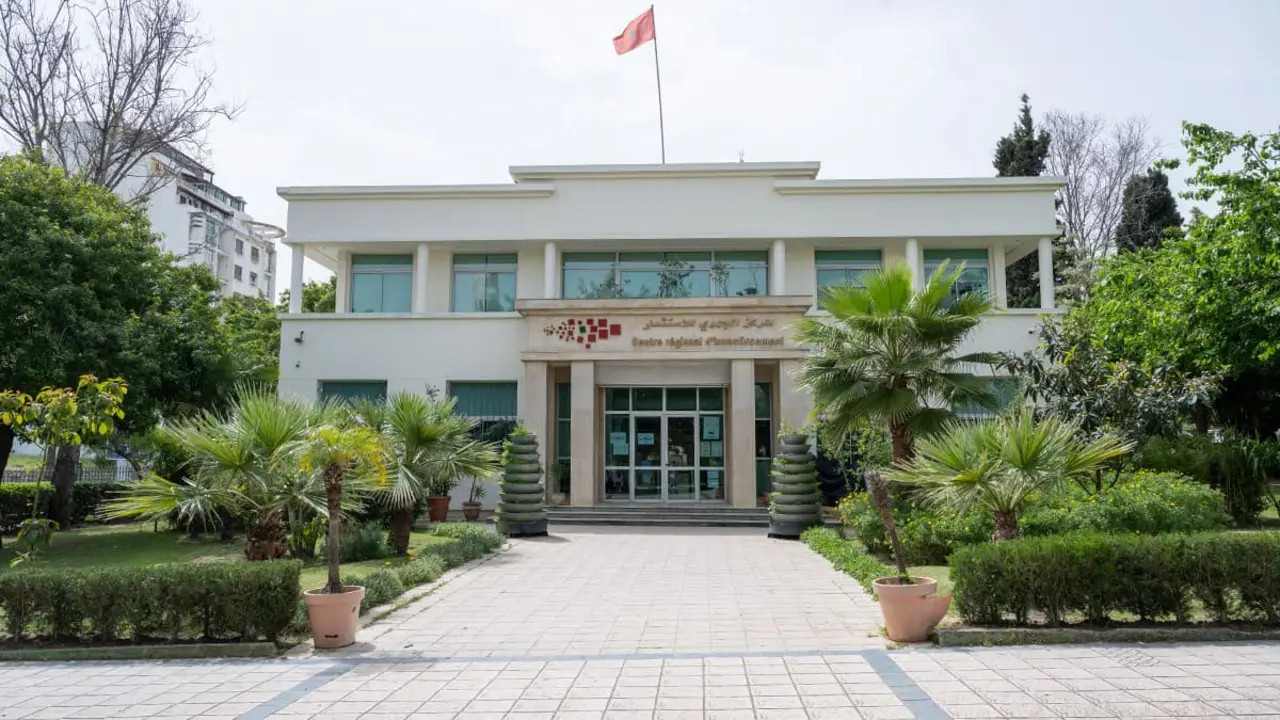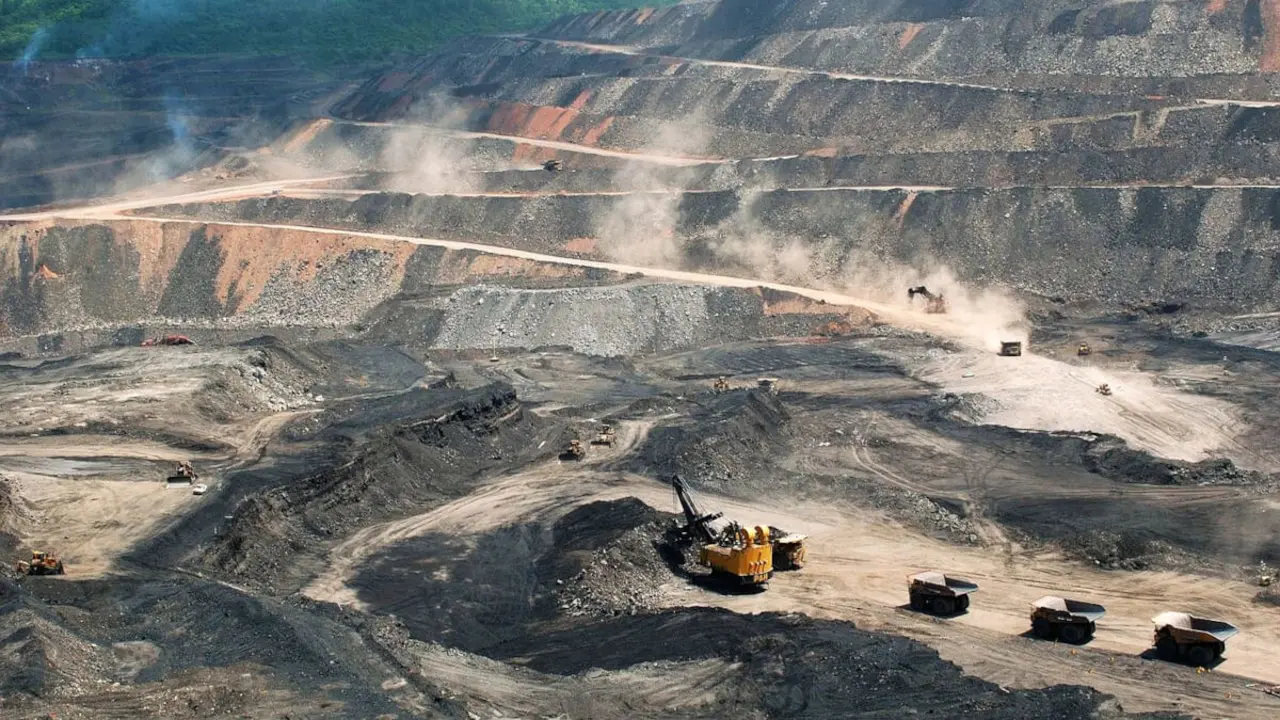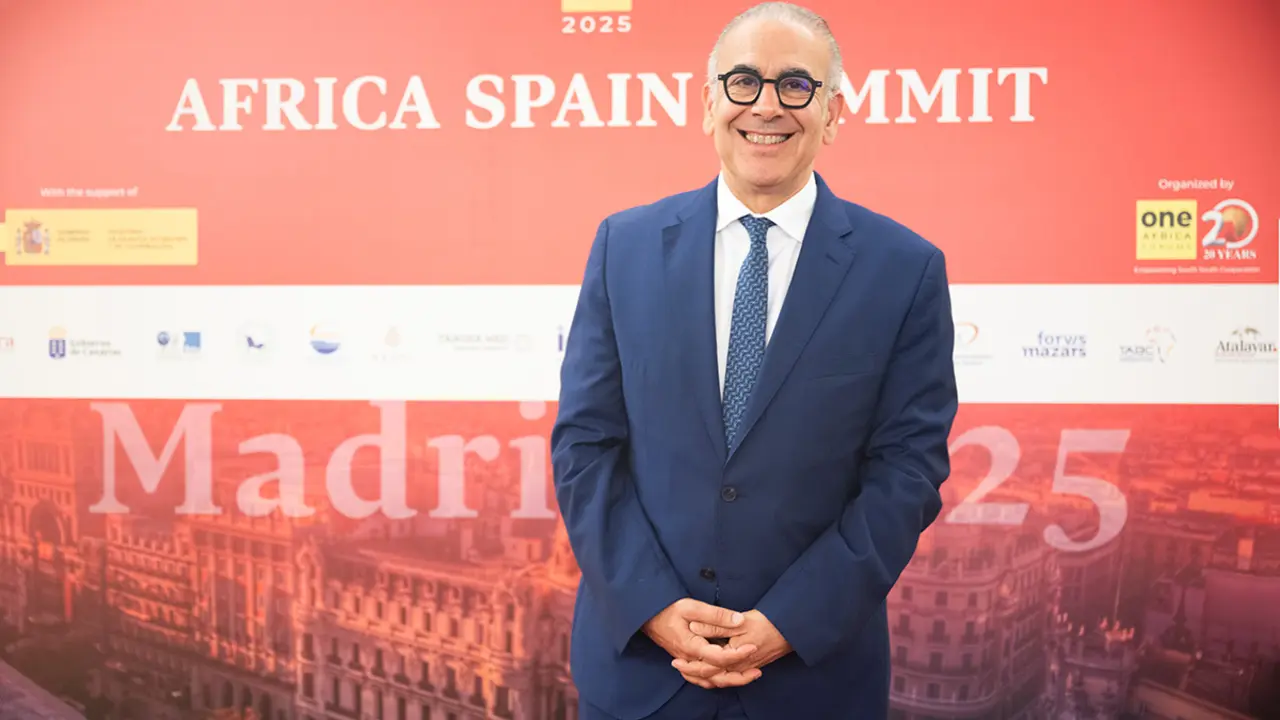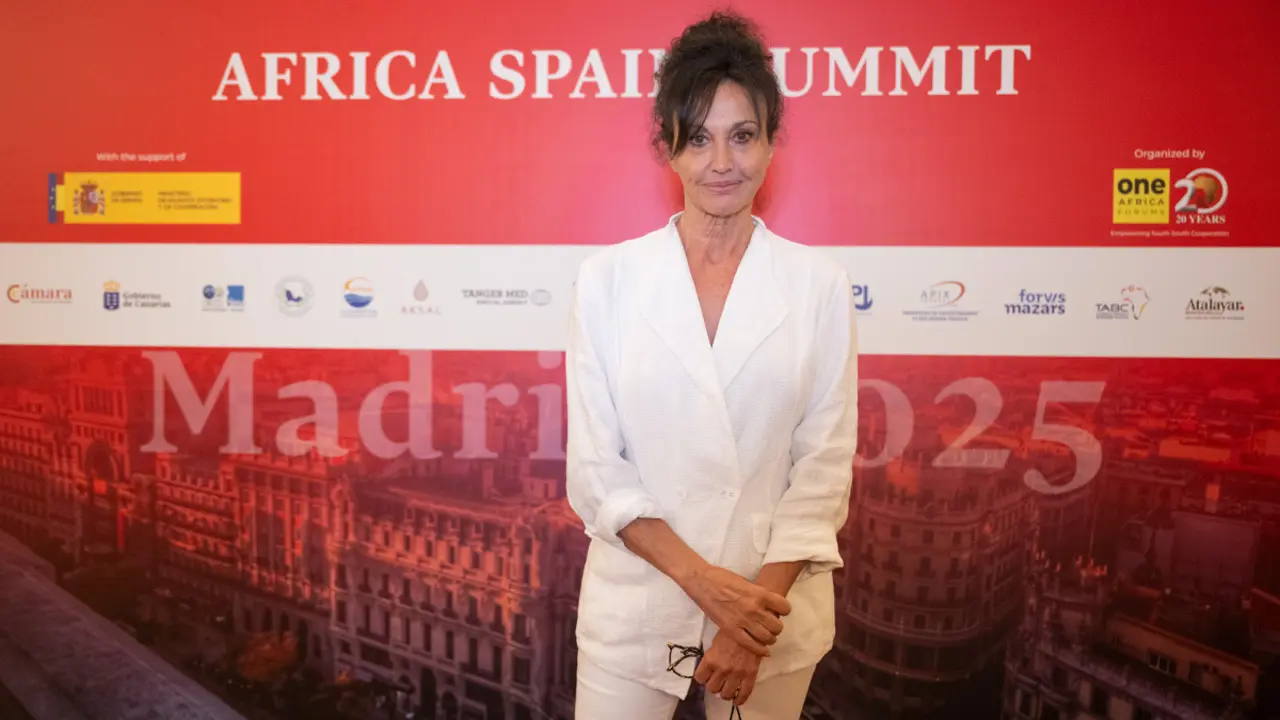Marruecos y su cosecha de cereales: graves consecuencias entre la sequía y la guerra en Ucrania

Benefiting from a warm and temperate Mediterranean climate, Morocco, accustomed to drought episodes in recent years, has just suffered severely. In fact, Morocco's cereal harvest this year is estimated at 3.4 million tonnes - including an estimated 2.5 million tonnes of wheat production - 67% less than last year.
The Moroccan Ministry of Agriculture stated that Moroccan agricultural value added will have a 14% deficit this year.
According to figures reported by the Moroccan government, only 34 million quintals have been produced for the 2021/2022 crop year, 55% less than the five-year average and one of the lowest quantities ever recorded by the Kingdom. Agricultural production, essentially rain-fed, accounts for 85% of total production, which has been hampered by drought.
The prolonged and widespread droughts in the Alawi Kingdom have resulted in an agricultural season marked by a poor distribution of rainfall over time. The UN Food and Agriculture Organization's (FAO) Global Information and Early Warning System reports that "after a good start to the rainy season, cumulative rainfall amounts between November 2021 and February 2022 were about half the average, resulting in widespread drought conditions across the country". The abundant rains in March and April, up to 40% above average in some areas, came too late to initiate vegetation recovery, as cereal crops had already reached the grain-filling stage.

Moreover, the international context marked by the war in Ukraine, since last February, has aggravated the situation when it is known that Morocco is heavily dependent on cereal imports to cover its consumption needs.
The summary of the GIEWS report underlines Morocco's heavy dependence on cereal and energy imports. Indeed, "as the world's leading phosphate exporter, the value of Morocco's phosphate exports doubled in the first quarter of 2022 compared to the same period in 2021, supported by high international fertiliser prices. However, the increase in the net food and energy import bill outweighed the gains from high fertiliser prices, widening the trade balance," the report notes.
Moreover, the international context, marked by the war in Ukraine since last February, clouds the picture when we know that Morocco relies heavily on cereal imports to cover its consumption needs. The FAO's Global Information and Early Warning System (GIEWS) notes that "over the past four years, wheat imports from Ukraine and the Russian Federation have accounted for around 20 and 7 percent respectively of total imports". This year of food shortages, against the backdrop of the war in Ukraine, also raises the question of the country's food security, for which the government spokesman and Minister Delegate for Relations with Parliament, Mustapha Baitas, is reassuring, confident that the Kingdom has a four-month consumption reserve and that, if necessary, mechanisms could be put in place to replenish national stocks. Sensitive to variations on the international market, Morocco had also increased flour subsidies at the beginning of the year and suspended customs duties on wheat imports: "the government continues to resist and subsidise this substance to help citizens and preserve their purchasing power," concludes Mustapha Baitas.

However, despite the Moroccan government's desire to be reassuring, it has recently revised down its GDP growth forecasts for 2022 to 1.5% instead of 3.2% compared to previous forecasts.
According to UN Food and Agriculture Organisation estimates, cereal import needs for 2022/2023 are estimated at 10.4 million tonnes, or about 35% more than average import needs in 2021/2022, with wheat accounting for about 60% of cereal imports. The signing of two agreements with Moscow on the export of agricultural products and fertilisers abroad has allowed a slow resumption of Ukrainian grain exports, as evidenced by the departure of the first ship from the port of Odessa on 8 August, but Ukraine has warned that it will take months for its grain exports to return to pre-war levels.
If the current situation still allows the kingdom to adequately meet its needs, the increasingly frequent and severe droughts, coupled with the stalemate in the Ukrainian war, raise questions about the future, probably less comfortable, room for manoeuvre the kingdom will have to cope with this situation.








